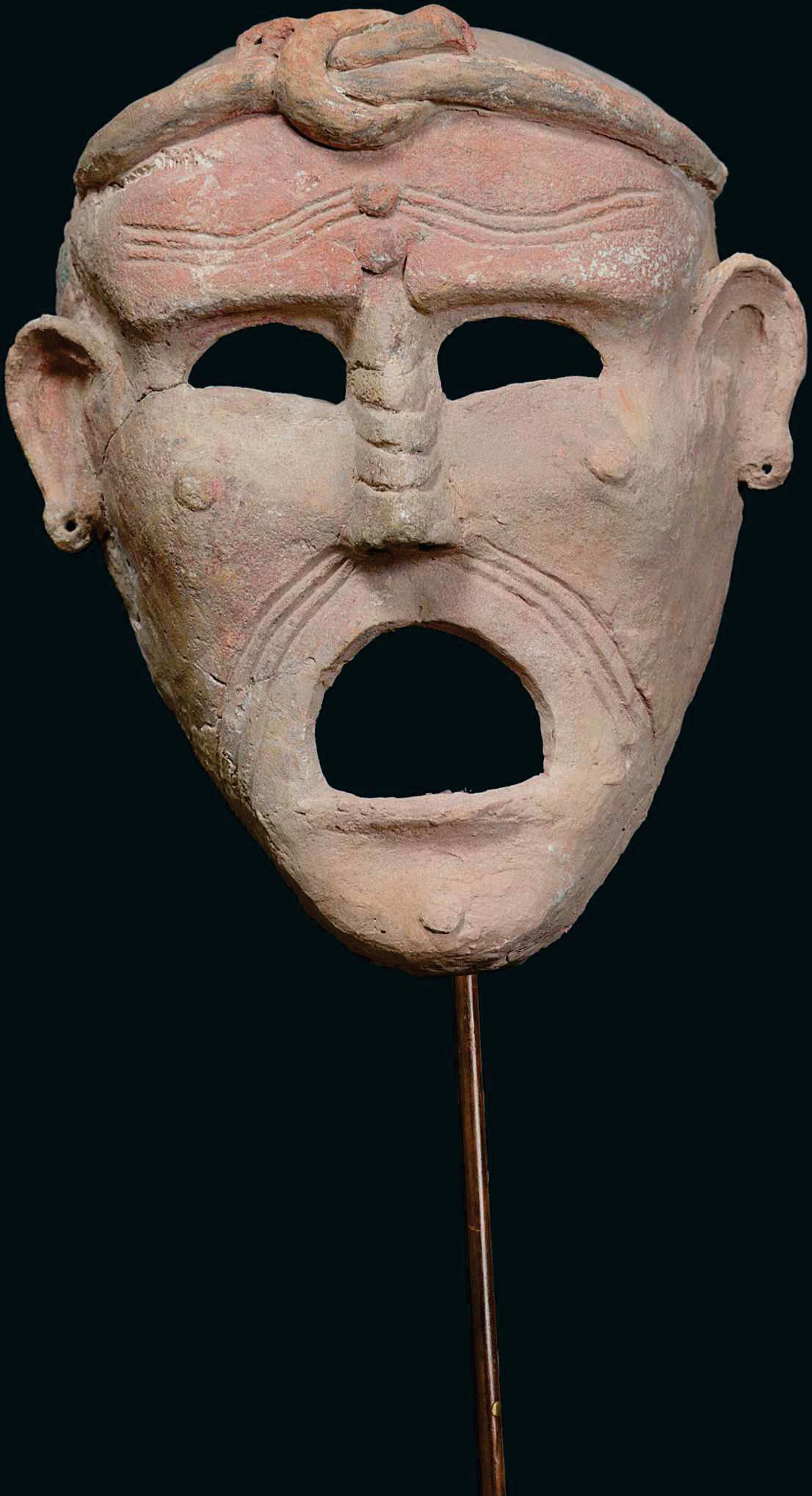Prøve GULL - Gratis
The making of Rome's monster
BBC History UK
|October 2025
In the second century BC, Roman troops razed the city of Carthage and obliterated its civilisation. So why, asks Eve MacDonald, did the victors remain obsessed by their conquered foes for the next 200 years?
-

Carthage burned for six days. After three long years of siege, in the spring of 146 BC Roman soldiers finally broke through the city's defences and began to slaughter the population. But still the Carthaginians resisted. Street by street, they threw themselves at their enemy.
Rome's relentless military machine moved from the city's ports, across the temple-filled marketplace and up the streets that lined the central hill. There they were assailed by projectiles hurled down from roofs by women, children and old men.
Yet the Romans' fierce assault on that already ancient city on the north African coast could not be stopped. They went from house to house, ascending to roofs, rooting out Carthaginians from their hiding places. Houses burned and bodies lined the streets while a unit of 'sweeper' soldiers cleared away the dead to allow access for more troops.
The scene, as told by the Greek historian Appian - in what, it seems, was an eyewitness account - paints a gruesome picture of conquest in the ancient world. It was so brutal, in fact, that the Roman commander, Scipio Aemelianus, had to change his troops frequently, sending in fresh fighters to combat the Carthaginians' desperate attempts to defend their land, their houses, their families, their gods and their very lives.
Those attempts at defence came to nought. The people of Carthage were slaughtered or enslaved, their once-beautiful city left in smouldering ruins on the shores of the Mediterranean. As a result of the destruction, and of the memory of the wars fought between these two ancient superpowers, Carthage became an integral part of the story of Rome and its rise to empire.
 Stolen story
Stolen storyDenne historien er fra October 2025-utgaven av BBC History UK.
Abonner på Magzter GOLD for å få tilgang til tusenvis av kuraterte premiumhistorier og over 9000 magasiner og aviser.
Allerede abonnent? Logg på
FLERE HISTORIER FRA BBC History UK

BBC History UK
On the skids
Richard Rodgers and Oscar Hammerstein II's smash musical Oklahoma! opened on Broadway on 31 March 1943.
1 min
Christmas 2025

BBC History UK
Small pleasures
Memory is imperfect, but what if you could get a professional model maker to recreate a moment from the past?
1 min
Christmas 2025

BBC History UK
Bath in five places
In the Georgian era, Bath became arguably Britain's most fashionable destination. KIRSTEN ELLIOTT promenades five historic highlights
3 mins
Christmas 2025

BBC History UK
End times
Why do civilisations that dominated their epoch fail? In an era of autocracy, climate change, the rise of Al and a first-hand understanding of how deadly pandemics can be, it's a question that seems pertinent.
1 min
Christmas 2025

BBC History UK
What are the origins of the Yule Lads?
To learn about the Jólasveinar (Yule Lads), we must start with their mother, the terrifying ogress Grýla. Her name appeared in Icelandic texts as early as the 13th century, although it wasn’t until later that those 13 mischievous lads became associated with her. Folk tales and poems tell how she descends from the mountains with an empty sack to stuff full of children. Grýla owns the monstrous Jólaköttur (Yule Cat), which roams the countryside on Christmas Eve, searching for children to gobble up if they're not wearing new clothes.
1 mins
Christmas 2025

BBC History UK
Santa Claus v Father Christmas
The true identity of the white-bearded, red-robed figure who fills children's stockings at Christmas has long been debated. Thomas Ruys Smith sizes up the merry contenders
8 mins
Christmas 2025

BBC History UK
Frontier friction
Set in Washington Territory in 1854, The Abandons is a Western that's unusual for having two matriarchs, women whose lives become entangled, at its centre.
1 min
Christmas 2025

BBC History UK
The Last Days of Pompeii: The Immersive Experience
Delve into the culture of daily Roman life, witness the momentous eruption of Mount Vesuvius, and follow its fallout in Immerse LDN's new exhibition. In a blend of cutting-edge technology and vivid storytelling, this exhibition launches visitors into Pompeii's rich history with recreations of the ancient city's beautiful pre-eruption landscape, a 360-degree virtual reality Roman amphitheatre experience, and a digital metaverse recreating Pompeii's 'Villa of Mysteries'.
1 min
Christmas 2025

BBC History UK
Elizabeth Marsh The corsair's captive
Taken hostage by a Barbary ship's captain in the 18th century, a young Englishwoman found herself fighting for her freedom in Marrakech. ADAM NICHOLS introduces a brave captive who later wrote a book about her dramatic experiences
6 mins
Christmas 2025

BBC History UK
29 DECEMBER 1170: Thomas Becket is murdered in Canterbury
Knights loyal to Henry II rid him of the “low-born cleric”
2 mins
Christmas 2025
Listen
Translate
Change font size
